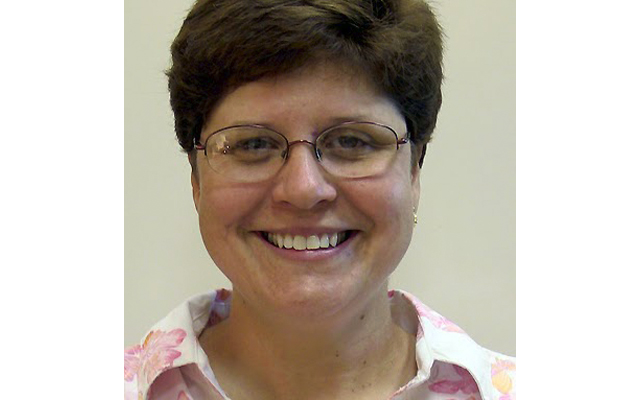When Kimberly Sebold of Presque Isle entered the University of Delaware in 1984, she became the first generation of her family to attend college. She went through her freshman year undecided on a major, and in the summer before her sophomore year that her father asked her what she career path she would choose.
“I told him I would major in history. I hadn’t taken a history class in college yet, but I’d always liked the subject in high school,” Sebold said. “When my dad asked what I would do with a history degree, I told him I would be a teacher.”
Today Sebold, a professor at the University of Maine at Presque Isle, focuses on American history, environmental and local history.
She admitted her reasons for enrolling in college weren’t all academic. At 18, she had no specific career goals, but after choosing to major in history, college life became more fulfilling. She struggled with written assignments, and sought guidance at the university’s writing and tutoring center and formed a close relationship with her adviser, Suzanne Alchon, a professor of history.
Alchon encouraged Sebold to pursue graduate school, and she earned her master’s degree in history from the University of Delaware in 1990. During her graduate school years she researched people who had lived in apartments next to chicken houses, located near large companies such as Perdue Farms. She published two papers on that research in the Journal of Delaware History.
“I found that most people are willing to tell their story and be part of history,” Sebold said. “With local history it was nice to do research that wasn’t confined to looking at archives. I got to talk with people and learn more about the area where I grew up.”
She worked for the National Park Service in New Jersey for two years, where she researched the history of salt marsh farming and interviewed farmers about their struggles to keep their crops alive. Through that job she met a professor from the University of Maine at Orono, who invited her to work for him while she earned her Ph.D.
Sebold graduated from UMO in 1999 and took a part-time position as a geography and history instructor at UMPI. She later met local optometrist Dick Graves, who had collected numerous historic photos of Presque Isle but was unsure how to preserve them for future generations.
“For awhile Dick had been writing history articles for The Star Herald about Presque Isle. He had all these photographs, and I asked what he was going to do with them. And he said, ‘Nothing. I’m sure when I die my family will just throw them all away,’” Sebold said. “I said, ‘Well, we need to do something with them.’”
She created an independent study course in local history, where her students put Graves’ photos with the corresponding articles and pieced together a timeline of Presque Isle’s history. The students spent two years researching and designing the book “Forgotten Times: Presque Isle’s First 150 Years,” published in 2006.
Sebold said her fascination with local history likely began with her father. When she and her sister were growing up their father ran a farming sanitation business begun by their grandfather during the Great Depression. He would often point out different farms while driving around eastern Maryland where they lived and tell about the families who lived there.
“I discovered that my great-great-grandfather fought in the Civil War on the Union side and that he went through some of the bloodier battles in Petersburg and in the Battle of Cold Harbor,” Sebold said. “One of his sons fought in the Spanish-American War and that’s who I’d like to do more research about next.”
She is grateful to her former undergraduate adviser Professor Alchon for nurturing her potential as a scholar.
“After I got my Ph.D I met her again at a history conference and I asked her, ‘What in the world did you see in me?’ and she said, ‘Kim, it’s not about being overly intelligent. It’s about being persistent. One thing about you is that you’re persistent,’” Sebold said. “She saw that in me early on and that’s what kept me going.”








